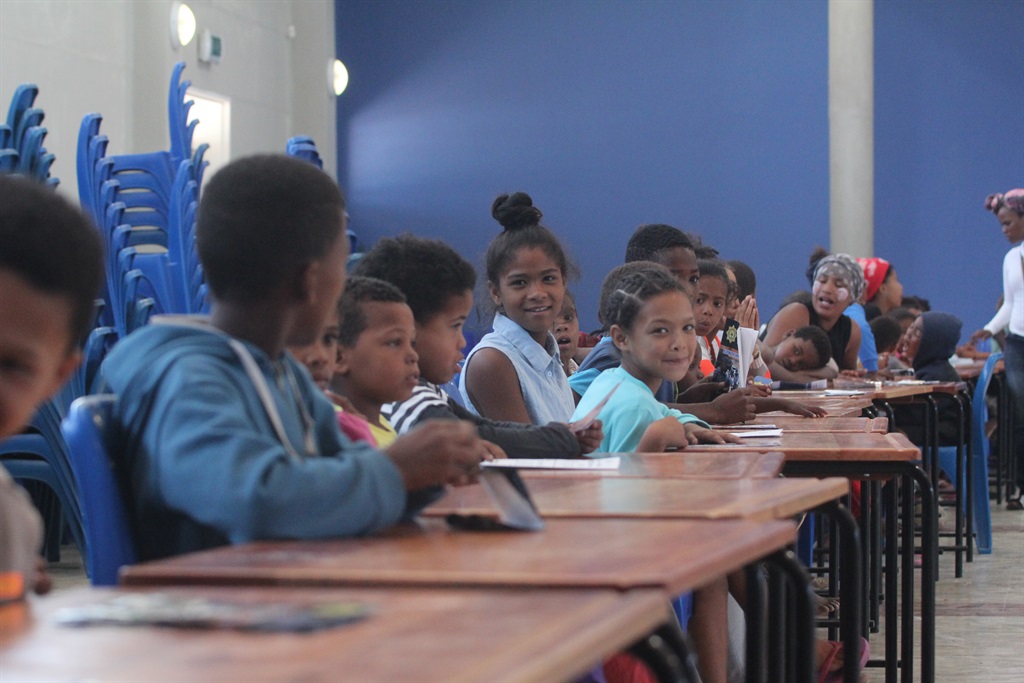
2017 was an incredibly eventful one as far as education went. These interesting developments are expected to get tongues wagging and, even better, lead to action. Here’s what South Africa can expect in 2018:
Matric results
On January 4, Basic Education Minister Angie Motshekga will tell the country how matrics performed in their exams.
Matric exams are often used as a barometer to measure how our country’s education system is performing. This despite experts warning that this tends to weaken the significance of taking seriously our lower grades.
Be that as it may, matric results tend to raise a lot of emotions.
Understandably so in a country that has been spending billions of rands on education, but is grappling to come up with a working curriculum and is still ravaged by disparities in the sector between the “haves” and “haves not”.
The “haves” still feature prominently in the state education system and their schools usually outperform those in poor areas due to obvious reasons such as infrastructure and quality of teaching, but there are those who prefer private schools.
Results for private schools are set to be released by the Independent Examinations Board at midnight on January 2.
Last year, the national matric pass rate in public schools stood at 76.2% when not including the cohort of progressed pupils – a group of pupils who were “pushed” to write matric without really passing their Grade 11.
With them included, the pass rate dropped to 72.5%.
Free fees
But the most nail-biting development that is likely to be the talking point of the year is the implementation of President Jacob Zuma’s shocking announcement on free higher education, which he made on December 16 – on the eve of the elections at the party’s 54th ANC conference.
Without indicating how much this would cost the country, Zuma announced free higher education for children of the poor and working class at both public universities and technical vocational education training colleges.
Targeted to benefit are students who come from households earning below R350 000 a year.
Their fees for tuition, accommodation, transport and books will be subsidised by the state and what would have been a loan in the past from the National Student Financial Aid Scheme (NSFAS), will be converted into a grant, starting with first years.
In addition, students coming from households earning up to R600 000 will not have to pay an 8% university fee increases next year.
A decision over historic debt is ongoing.
Higher Education Minister Hlengiwe Mkhize agreed with 26 universities vice-chancellors, which were represented by Universities South Africa, on an 8% fee increase.
The burden to put together the figures for Zuma’s announcement now rests with Finance Minister Malusi Gigaba, who is scheduled to make a pronouncement during his budget speech in February.
However, concerns are already being raised over whether the country can afford this.
This concern has been given mileage by National Treasury’s statement that “noted” Zuma’s announcement without indicating whether there were funds available.
But Mkhize was upbeat when she spoke to City Press on the day of Zuma’s announcement, saying there was a consensus among parties that worked behind the scenes that free higher education was affordable.
The inter-ministerial and technical teams were made up of officials from the office of Zuma, Mkhize, Gigaba and Minister Jeff Radebe’s department of planning and monitoring.
Certainly, Zuma’s announcement was welcomed by many people but the question is what will happen in January when higher education institutions open their doors of learning because Gigaba’s announcement will only come in February.
Other stories likely to get people talking on the higher education sector is on whether NSFAS will be able to deliver on Zuma’s free education, taking into consideration that it has had challenges in the past of delaying payments to beneficiaries including universities.
Another potential ticking bomb is the expected influx of prospective students that could be caused by Zuma’s free higher education announcement especially at technical vocational education training colleges.
Mkhize answered City Press by stating that institutions would have to stick with their admission policies to deal with it.
School registration
In the basic education sector, it can be expected that parents will be hassling again early next year, trying to find spaces in schools for their children.
Gauteng came up with an online registration system that has had its own challenges and successes.
The Eastern Cape has been battling with this issue as well and the department officials usually have their hands full in January trying to assist parents by negotiating with schools to find spaces for additional pupils.
 |
| ||||||||||||
| |||||||||||||




 Publications
Publications
 Partners
Partners








